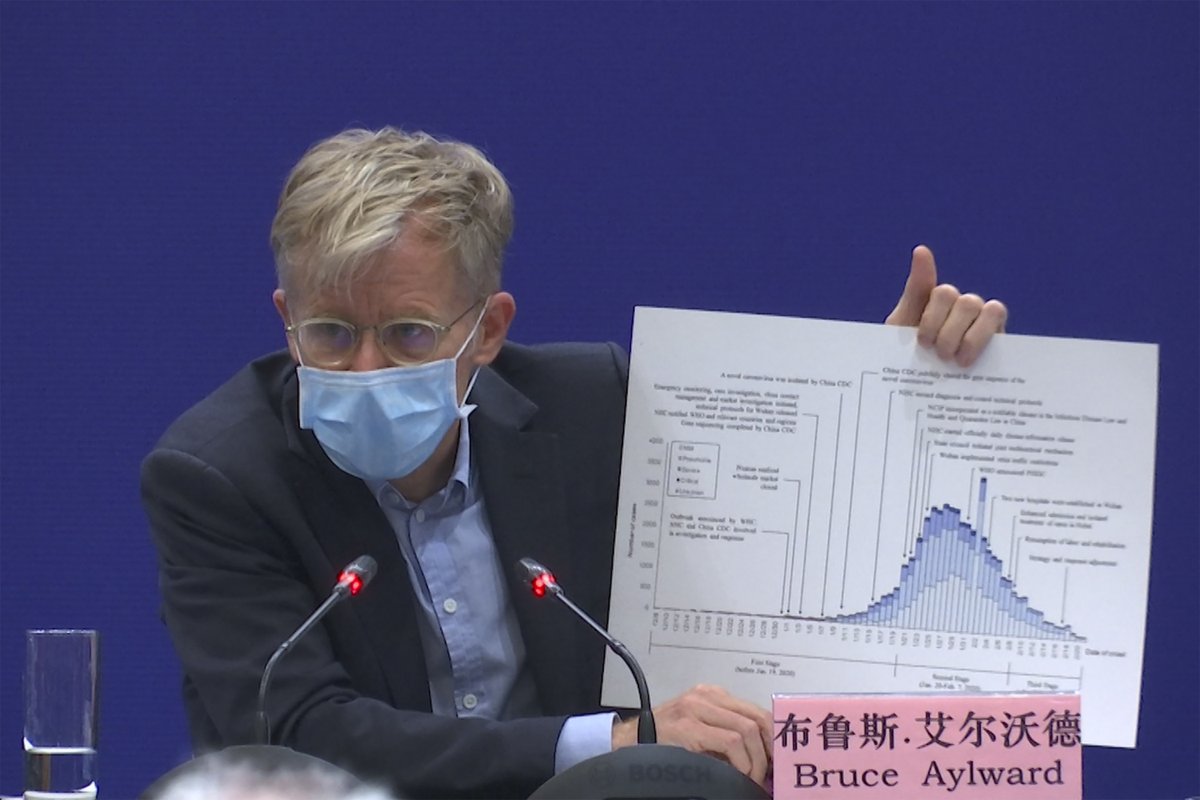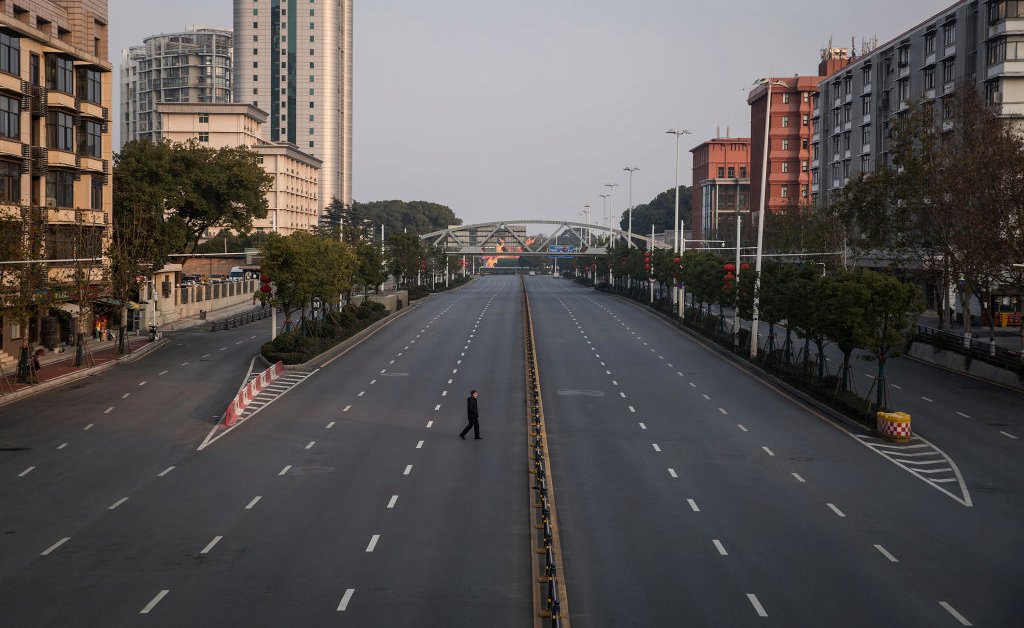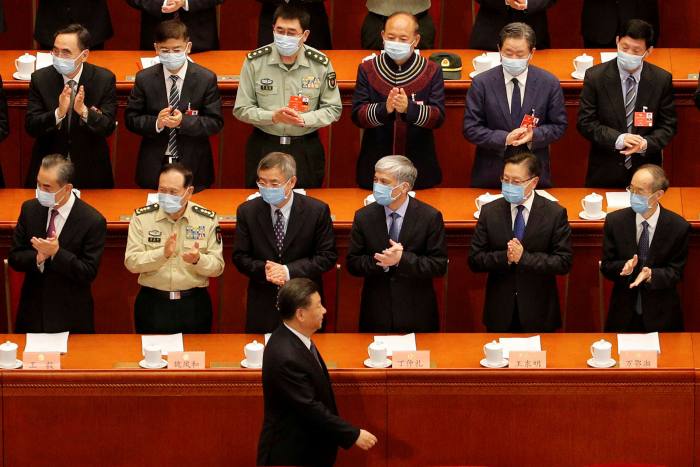I genuinely question whether we train law students and lawyers to operate in the way Jae urges us to.
Note, I agree with Jae: "Big business and their legal counsel have the opportunity to steer capitalism to a gentler and fairer recovery, but the clock is ticking.
👇
The reckoning we face in the post-pandemic reality is not one of cancel culture but widespread calamity and increasing risk to our lives and livelihoods."
Both the opportunity and obligation (yes, I believe it is an obligation) we in law face are enormous.
And,
we lawyers are for the most part completely unprepared.
To wit: we do not train new lawyers for this world. We continue to train them primarily for the 2nd industrial revolution, which ended 100+ years ago.
"The intrinsic tension between BigLaw’s growth imperative
: 👇
(read: make more money) and corporate legal’s perpetual grind to do more with less (read: spend less money) is bad for our industry. The resulting distraction, however, is bad for the world. It’s long past time to ask the really important questions.
👇
Why is corporate misconduct on the rise? How do we reverse the trend? How do lawyers working at the biggest companies and law firms in the world actually leave that world a better place?" -
@jaesunum https://t.co/ZxbwaMFi3F Are we asking law students these questions?
👇
Are we asking lawyers these questions?
Are we incentivizing or prioritizing behavior and choices in legal professionals responsive to these questions?
Are we giving law students and lawyers tools to be contributors to solutions that address these challenges?
👇
Are we giving them tools to LEAD in this way?
I submit that, for the most part, we are not.
In fact, I observe we teach law students things that lead them in the opposite direction. And the training and incentives they encounter in corporate law firms?
👇
Generally calcifies our focus in a way that little room for
our movement in the direction Jae urges—and I believe our world demands.
We train lawyers with a very, very narrow view of their role in society. And then we impart great power (and obligation).
👇
We should not be surprised at our failings. AND we should be taking action to rectify the vast disparity between what we do (or what we *think* we do) and what current reality demands of us.
For decades, the late Deborah Rhode asked all of us to acknowledge and address
👇
this very issue: lawyers lead and we need them to lead, and lead well.
AND, we do very little (if anything) to prepare them for THIS. For leadership. For MORAL leadership. See "What Lawyers Lack: Leadership"
https://t.co/OpixXwneqx.
What is the inflection point 👇
that will finally move us to action?
How bad does it really need to get?
I fear our proclivities (risk averse, skeptical, precedent-driven vs. forward-thinking) continue to constrain our evolution in ways that have dire consequences not only on the legal profession,
:dow 👇
but on the fabric of human society.
As battles wage over the regulatory structure of the legal profession, a truth remains: law is the operating system of human society.
And, even when we allow and empower others to fulfill meaningful, necessary roles in this system,
👇
the role of lawyers as leaders will remain.
The choices we make now — about how we (self)regulate, about how we (self)educate, about how we choose to fulfill our duties and obligations — have consequences so far beyond our current purview
👇
that we should be laser-focused on how we respond with a creative and proactive mindset to the enormous challenges and opportunities before us.
Lawyers: how will YOU lead?
/fin


